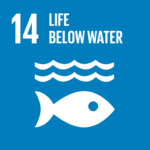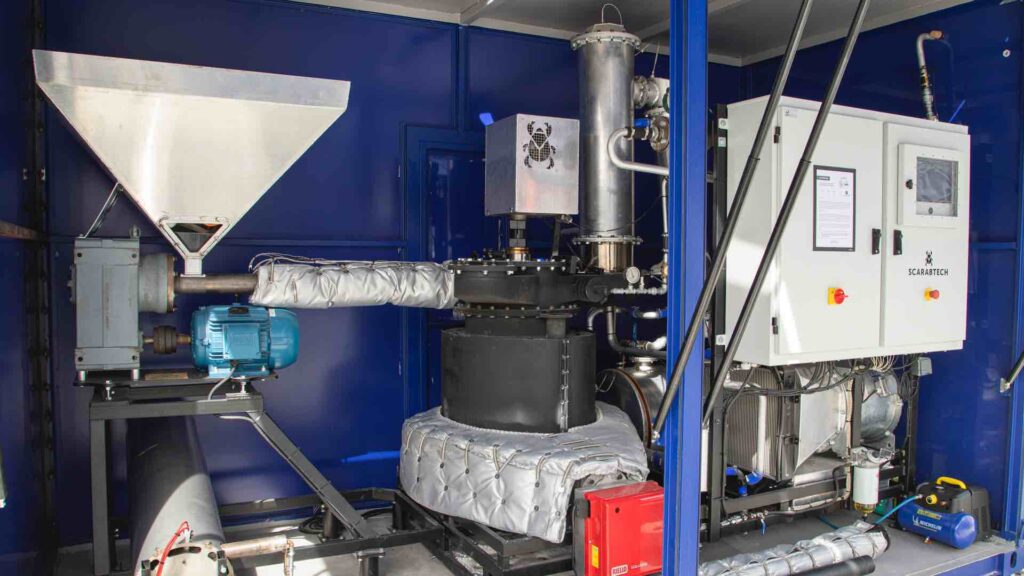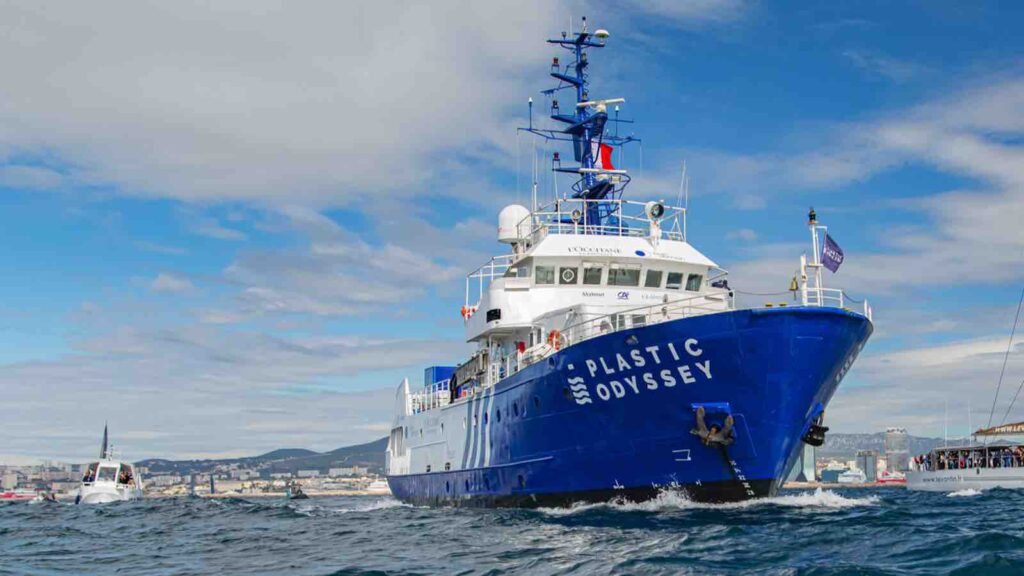Since its journey began, Plastic Odyssey has visited more than 20 countries and supported over 200 local recycling entrepreneurs, fostering a global network of innovators dedicated to combating plastic pollution at its source.
SINGAPORE — On August 26, a unique research vessel, Plastic Odyssey, docked in Singapore as part of a three-year global expedition aimed at curbing plastic pollution in the world’s oceans. Launched in October 2022, this former oceanographic research ship, repurposed by a French non-governmental organization (NGO), is on an ambitious journey to identify, document, and share low-cost, easily replicable plastic recycling solutions across the globe.
RELEVANT SUSTAINABLE GOALS



Singapore: A Strategic Stopover
The vessel’s arrival in Singapore is more than a routine stop; it is a strategic pause in preparation for a significant meeting in South Korea later this year. From November 25 to December 1, countries will gather to formulate a legally binding treaty to end plastic pollution—a global initiative set into motion by the UN Environment Assembly in March 2022, where 175 countries agreed to develop a comprehensive treaty by 2024.
Plastic Odyssey’s presence in Singapore is particularly noteworthy as the city-state is seen as a crucial hub for expanding plastic waste transformation projects across Asia. According to Alexandre Dechelotte, the co-founder and managing director of Plastic Odyssey, Singapore’s robust shipping industry and international connections make it an ideal logistical base for these initiatives.
The Plastic Odyssey Workshop: Turning Waste into Resources
Aboard Plastic Odyssey, the ship’s heart lies in its recycling workshop, housing ten specialized machines that process plastic waste. These machines, designed to handle plastic waste of various sizes and forms, demonstrate the potential of small-scale recycling to transform discarded materials into useful objects. For example, plastic bags and packaging films are shredded into uniform-sized pellets, which can then be reformed into new products, such as bricks, tiles, and tubes.
The workshop also features a compactor to create square plastic bales, facilitating more efficient transportation of recyclable materials. Other equipment includes washing tanks, crushers, presses, and plate ovens—all designed to support the conversion of plastic waste into valuable materials that can be used locally or shipped elsewhere for further processing.

A Broader Vision: Building Decentralised Micro-Recycling Factories
Plastic Odyssey’s mission extends beyond onboard recycling. The NGO is focused on empowering local communities by building micro-recycling factories in areas heavily impacted by plastic pollution. These small-scale, container-based factories are equipped with the necessary machinery to transform plastic waste into usable products. Currently, the organization is constructing ten such factories in Senegal and is in discussions to establish two more in the Philippines by the end of 2025.
Since its journey began, Plastic Odyssey has visited more than 20 countries and supported over 200 local recycling entrepreneurs, fostering a global network of innovators dedicated to combating plastic pollution at its source.
Plastic Odyssey’s visit to Singapore is part of the France-Singapore Joint Year of Sustainability (JYOS), an initiative launched on April 13, 2024, during Singapore’s Deputy Prime Minister Wong’s visit to France. This initiative, running from April 2024 to mid-2025, marks the 60th anniversary of diplomatic relations between the two countries and underscores their shared commitment to addressing global sustainability challenges, including plastic pollution.
A Nomadic Exhibition: Showcasing Alternatives to Plastic
Running concurrently with the ship’s stopover in Singapore is the Plastic Odyssey Nomadic Exhibition, which is open at the Science Centre Singapore from August 27 to September 3. This exhibition showcases alternative solutions to plastic that the Plastic Odyssey team has discovered during its voyage, further emphasizing the need for sustainable practices.
After Singapore, Plastic Odyssey will continue its journey through Southeast Asia, with planned stops in Cambodia, Vietnam, and the Philippines, among other countries. The vessel’s mission in Asia is to lay the groundwork for a network of micro-recycling plants in regions most affected by plastic pollution, with Singapore poised to play a pivotal role in supporting these efforts as a regional hub.
You may also be interested in :
Singapore To Add 83 Smart Recycling Stations by 2025, Expanding Eco-Friendly Initiative


